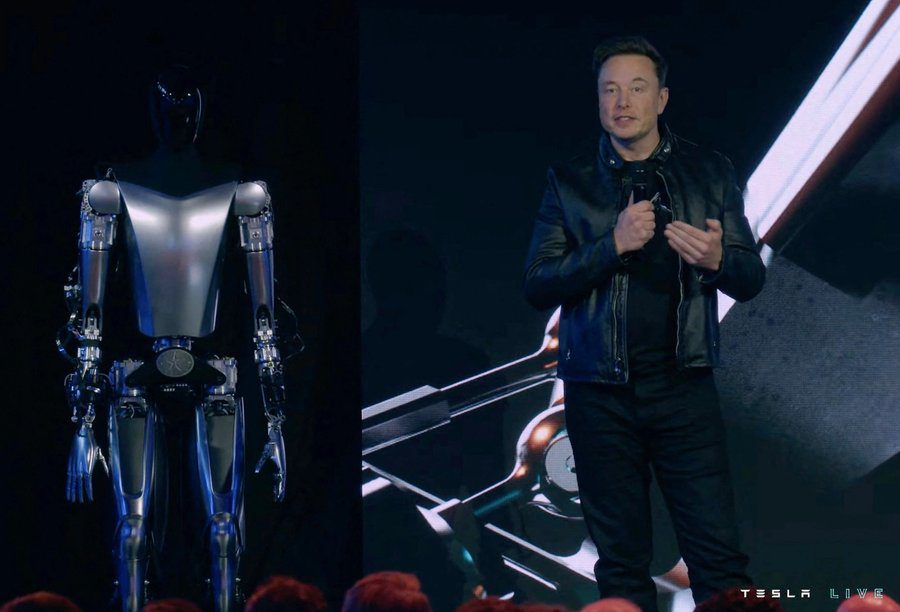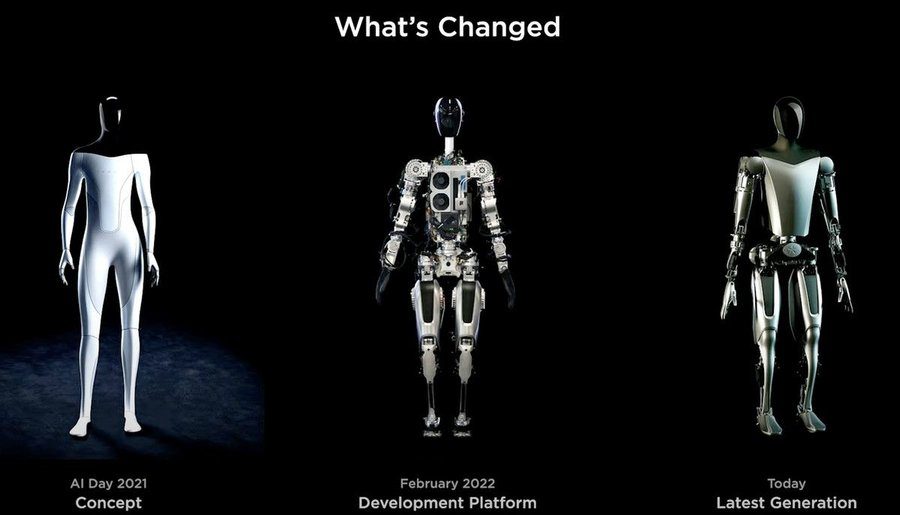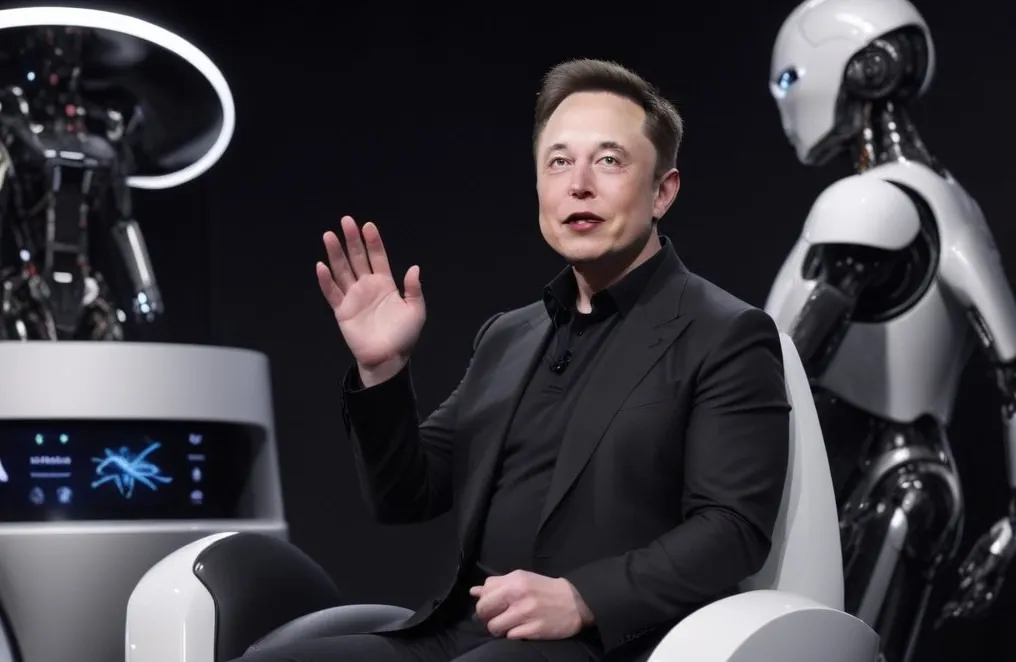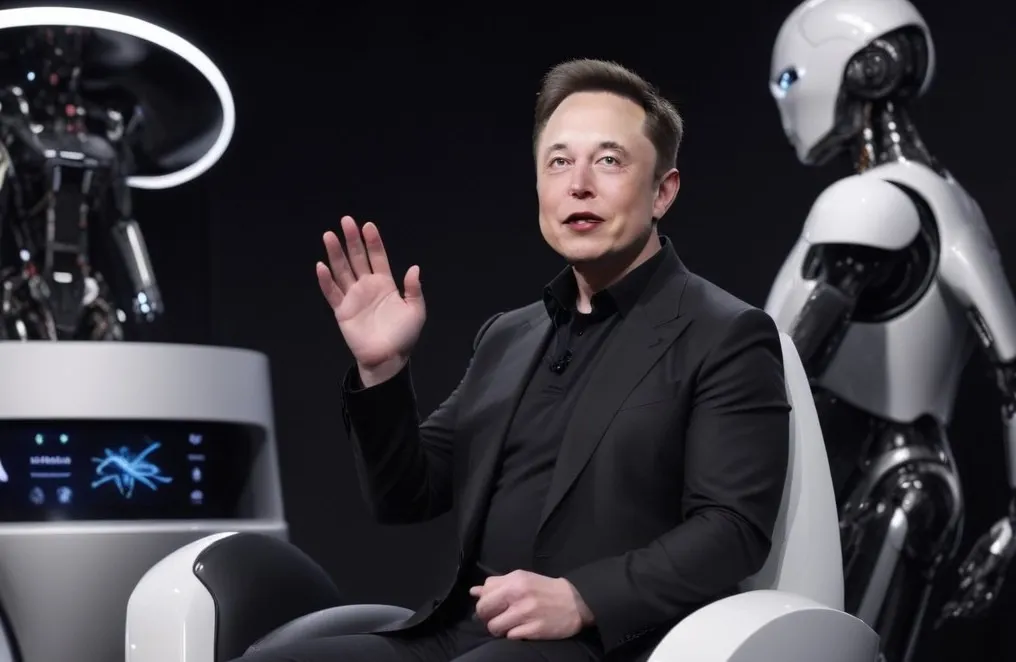
In recent years, Elon Musk has emerged not only as a tech visionary but also as one of the most vocal proponents of artificial intelligence and robotics. According to him, we are on the verge of an economic and societal transformation unlike anything humanity has ever seen. Musk believes that AI and robotics will soon usher in an age of limitless abundance, where productivity could increase tenfold, poverty might be eliminated, and goods and services could become universally accessible.
Imagine a world where everything you need—food, clothing, education, even healthcare—is either free or nearly free. This isn’t a science fiction fantasy but a future that seems increasingly plausible with the rapid advances in automation, machine learning, and humanoid robotics. Musk envisions a scenario where robots do most of the labor, AI handles critical decision-making processes, and humans are freed from the necessity of work.
The heart of Musk’s prediction lies in exponential productivity. With robotics handling physical labor and AI taking over cognitive work, the human input in the economy could drastically decrease. Yet, the output could soar. This would mean that societies could produce more with fewer resources, and wealth could be distributed more evenly.
Tesla’s Optimus robot is a prime example of this vision. Musk has suggested that these humanoid robots will soon be able to perform basic household tasks, work in factories, and even take care of the elderly. If production scales up, millions of such robots could be deployed globally, redefining what it means to be productive.
This future also brings up the idea of a “universal high income” rather than a basic income. In Musk’s view, if AI systems and robots generate immense value, then people should share in that wealth without necessarily working for it. The traditional notion of earning money through labor may be replaced by a system where money is distributed simply for being a citizen.
The Existential Dilemma


Yet, the question remains—what happens to human purpose when machines do everything better? Musk has acknowledged that in such a future, the greatest challenge will not be economic but psychological and philosophical.
Work has long been a source of identity and meaning for humans. From farmers to teachers to engineers, our jobs have often defined our roles in society. Without work, will we lose our sense of contribution and value?
One possible answer lies in creativity, relationships, and exploration. Humans may shift focus to arts, sciences, community building, and self-development. The freedom from survival-based labor could give rise to a renaissance of human spirit—where time is spent not on earning, but on evolving.
Still, this transition won’t be easy. Many people might struggle to adapt, especially in societies where self-worth is heavily tied to productivity. Education systems will have to transform to prepare future
Despite the promising picture, critics are quick to point out several flaws in Musk’s timeline and assumptions. Technological maturity, affordability, and widespread adoption of robots are still years—if not decades—away. Today’s robots still lack the dexterity, intuition, and empathy needed for complex human interactions.
Moreover, there’s the risk of unequal access. While the affluent might benefit from advanced AI and personal robots, others might be left behind, deepening social inequality. If not managed carefully, automation could displace millions of workers faster than new roles are created.
There are also ethical and existential risks. If AI surpasses human intelligence entirely, how do we ensure it aligns with human values? Who controls these systems, and who is accountable when something goes wrong? Musk himself has warned about the potential for catastrophic misuse if AI development lacks oversight.
As we stand on the threshold of the AI age, perhaps the most pressing question isn’t technological but human: What does it mean to live a meaningful life when survival is no longer the goal?
Elon Musk’s vision may or may not come to pass exactly as described. But it does provoke us to think beyond the present. It encourages us to prepare—not just in terms of skills, but in terms of values, relationships, and purpose.
In the end, humanity may not be defined by its productivity but by its ability to imagine, connect, and create. The age of abundance, if it comes, might not be the end of human relevance—but the beginning of a deeper, more thoughtful civilization. A civilization where we are no longer trapped by necessity but are free to ask: who are we, really, and what do we choose to become?


